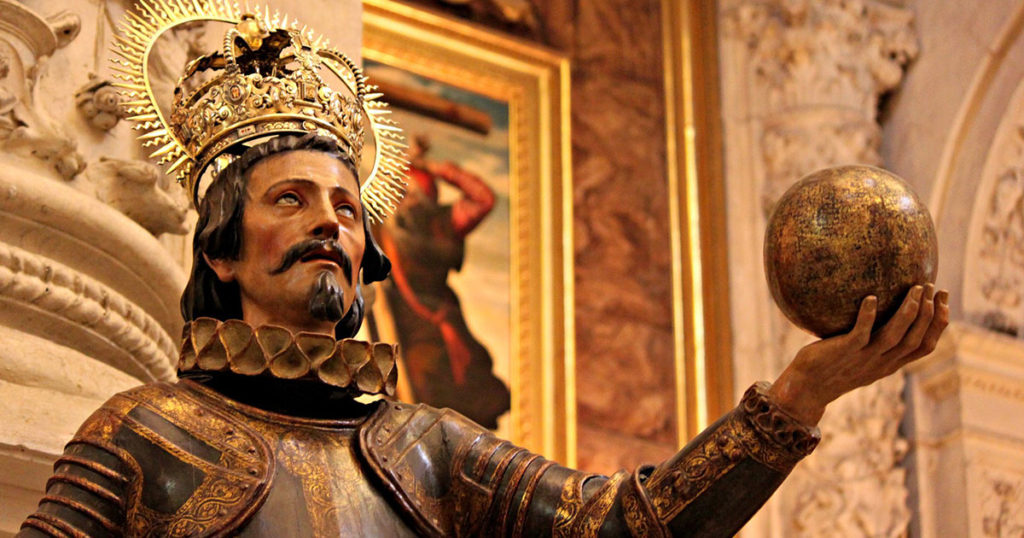
Back when I was running races—back before the pandemic put an 18-month halt to all races and before those 18 months were tossed one after another onto the heap of all the months I’d already lived—back then, I loved running. On a race day I’d wake up fearful and excited: so much to win, so much to lose! At the starting line, I’d quiver with tension. Then, with the signal to start, I’d take off amid a blur of arms, legs, ragged breathing, and my own adrenaline-fueled heartbeat. I quickly pushed past competitors and found a spot more to the head than to the rear of whatever pack of people I synched with. I hardly gave a thought to my trainer—a running friend with more experience and more cunning than I have, who’d stood right behind me at the starting line but who’d disappeared from my vicinity when I’d taken off. Even as I tired, all of five minutes into the race, my trainer and his pointers and his reproaches were far from my mind, which was absorbed in the fundamental matter of putting one foot in front of the other while sucking in enough air. Keep on, keep on. That was my mantra.
All the gains I’d made with my quick start were soon lost. People I’d leapt past were now passing me. Soon my trainer was upon me, looking quite fresh. “You started out too fast,” he chided. “You never learn. The race is long. You’ve got to reserve yourself. You’ve got to think.” That kind of thing, which did me no good at the moment. I shook my head, not in disagreement but as you’d shake your head to free yourself of a pesky fly. I was often a contender in these races, often on the podium as an overall female winner, and, if not, then I won the first-place trophy for my age category in nearly all of them. I trained every day, and I pushed myself in the races. But I wasn’t smart, and my trainer took most of the credit for my wins. He also took more pleasure in them than I did. I was glad just to finish. Neither of us doubted our abilities—his to keep prodding me and correcting me to victory, and mine to keep on, keep on, keep on.
Ever since the start of the pandemic, my trainer has bemoaned the lack of races. What’s the point of running, he asks, if you’re not training for a race? I begin to wonder that too. What’s the reward for the ache in my knees, for example? It’s not going to be the ache for the sake of the ache, though I have had someone recently propose that the more we experience, good and bad, the richer our lives. Apparently I don’t want a rich life. Not at this age, when the system balks at new experiences, especially trying or traumatic ones, that used to seem like wonderful adventures. The system balks at some old experiences too—like arguing. So for the sake of peace, I too bemoan the lack of races. The less we do, the harder it is. Training runs are perfunctory, an exercise diet to keep us alive as runners, not to thrive on.
Meanwhile, as I trot alongside my trainer, four kilometers out and ready to turn around, I dream not of podiums and trophies but of some alternative means of getting back home. Wouldn’t flying be fine! Or how delightful if one could conjure up a bicycle and hop on it. If I get too tired to continue or if I lose heart entirely, I have recourse to el coche de San Fernando, Saint Ferdinand’s coach: the most basic transportation, the original way to get somewhere. That’s always an option, an ever more appealing one. It’s easy to operate, as easy as running used to be. El coche de San Fernando, un ratito a pie y otro caminando. A stretch on foot and another walking. Yes, rather than run halfheartedly, I’d prefer to walk with gusto. But my trainer, despite his grumbling, must have other dreams. Oh well. I comfort myself that San Fernando’s car will always be available should I need it.
As I lope along on stiff knees and tired legs, I wonder how to translate the Spanish rhyme into rhyming English. I’m still strangely confident that a mind to figure the puzzle out with will always be mine. And that the elemental reward of having done it will be enough.

